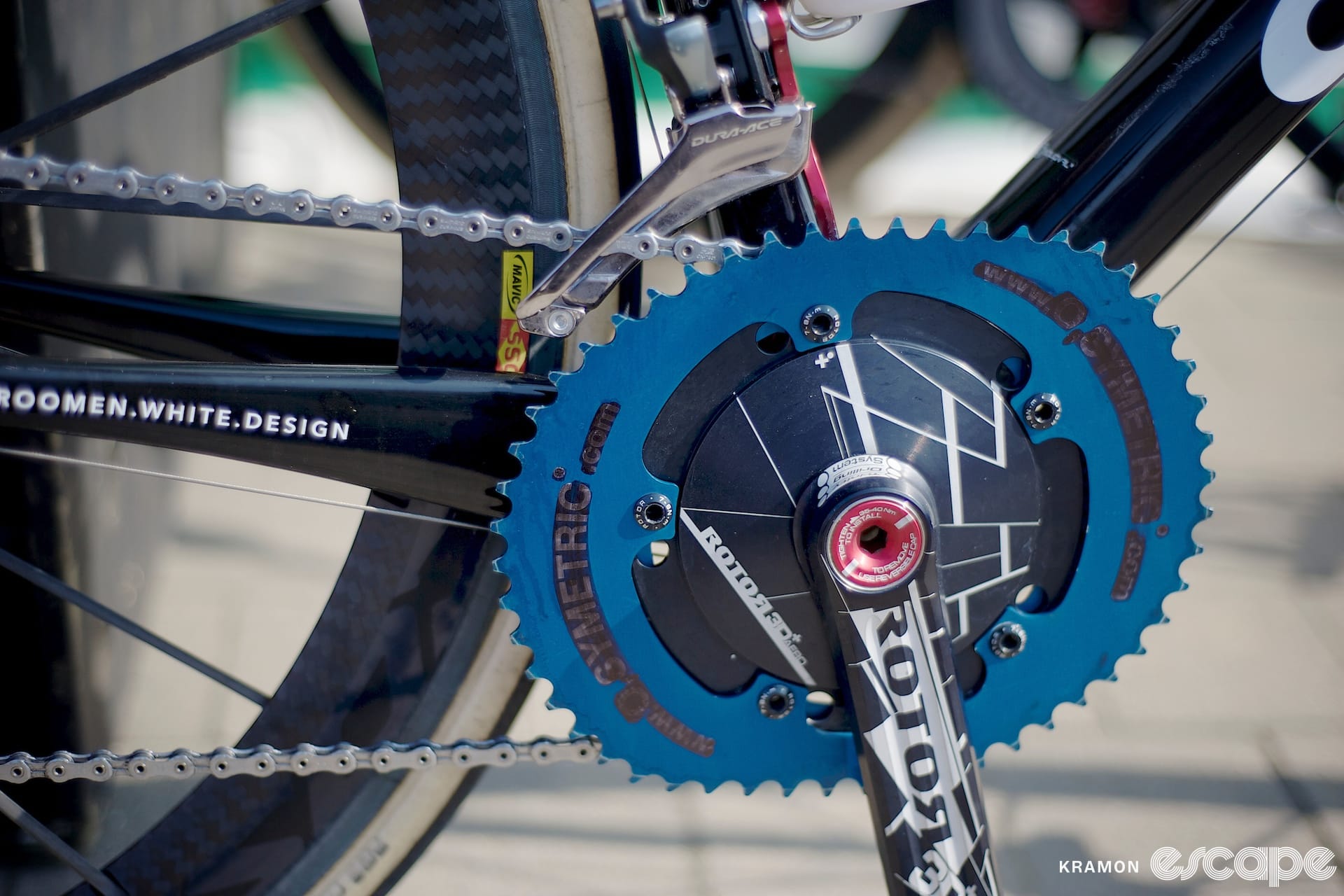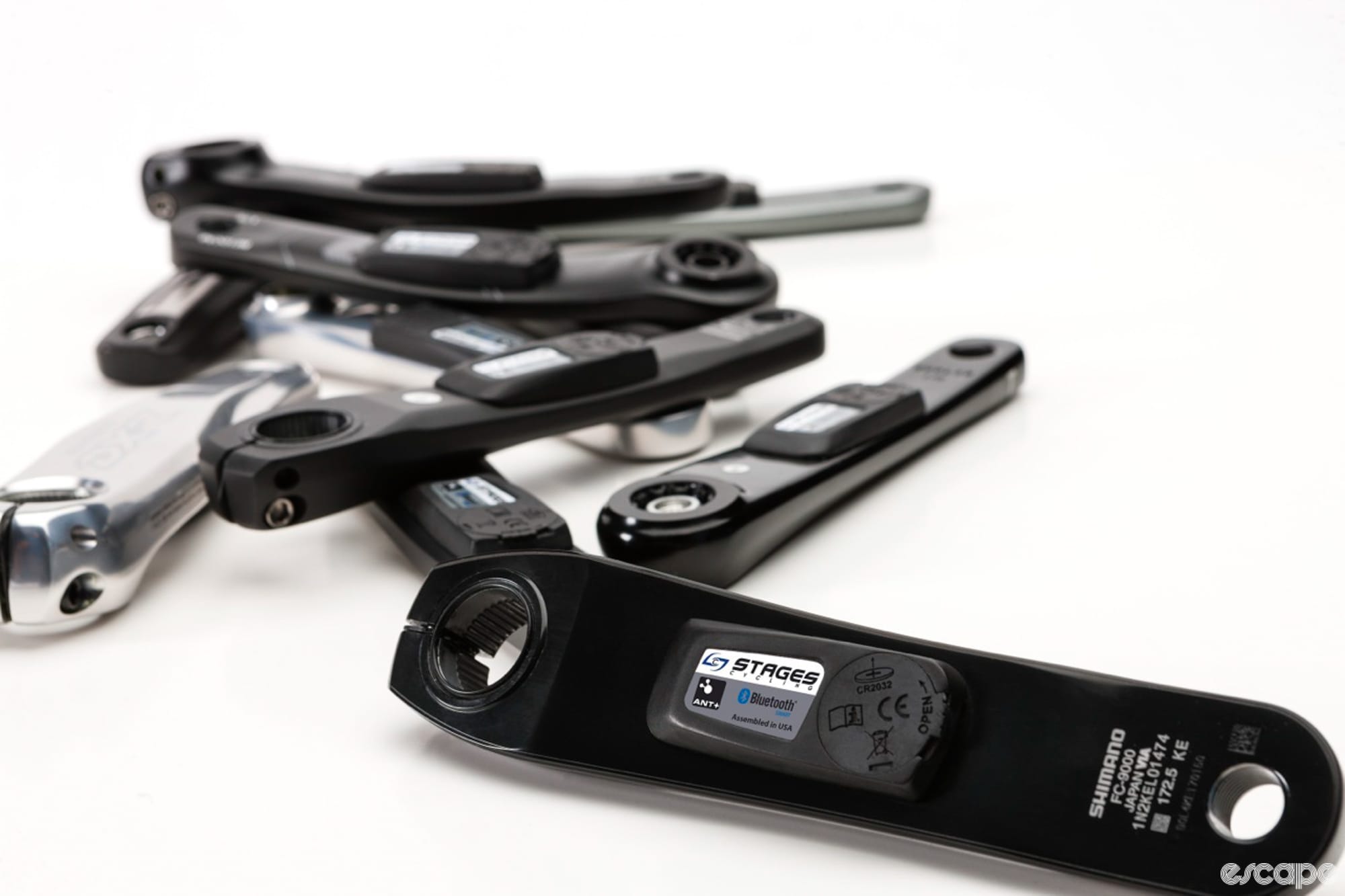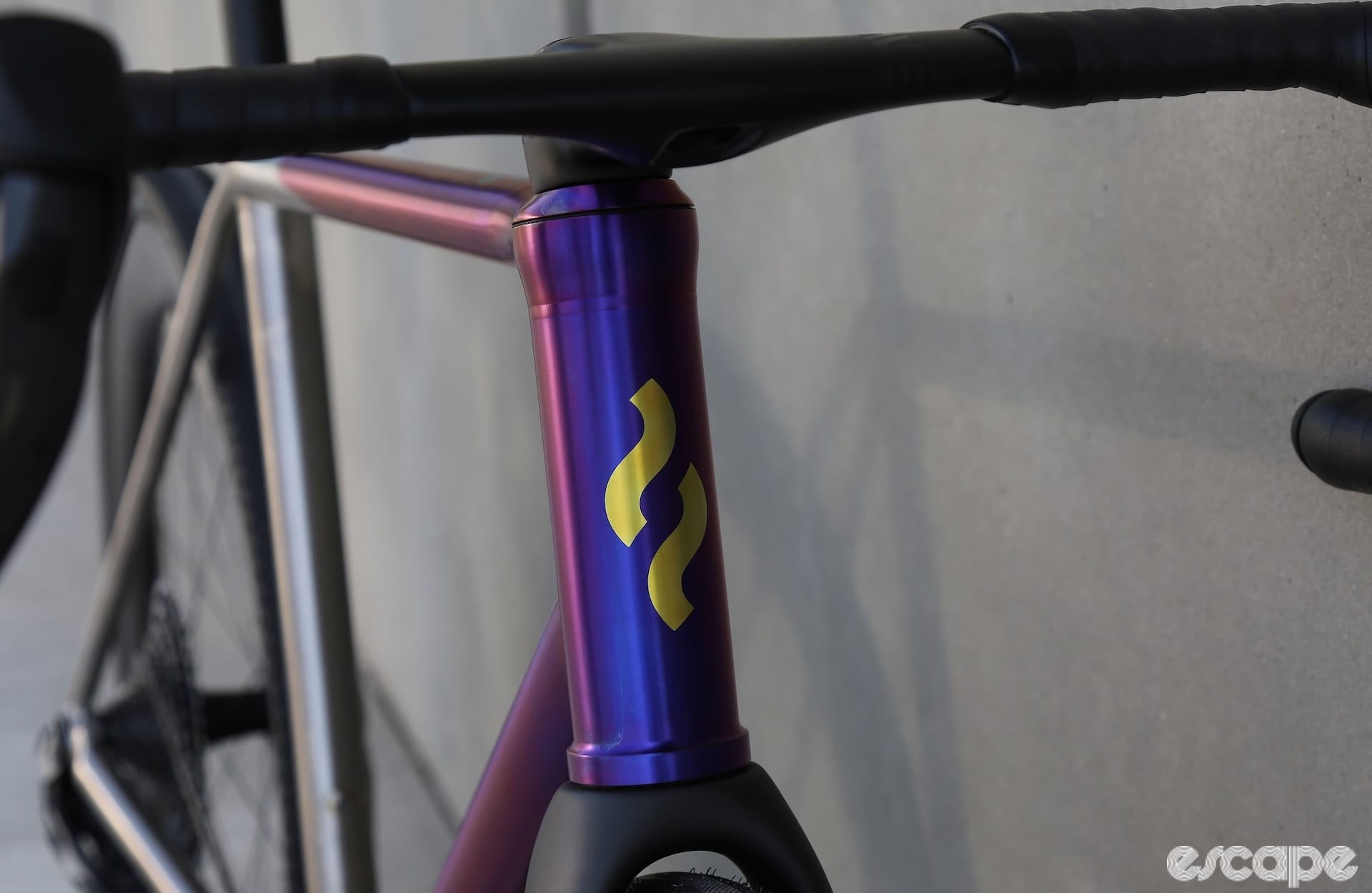Giant Bicycles announced Thursday that it has taken full ownership of Stages Cycling via its indoor cycling subsidiary SPIA after a judge overseeing Stages' bankruptcy approved the purchase agreement. This comes five months on from the Taiwanese bike manufacturer suing Stages for US$14 million, based on unpaid invoices and products; Giant has now dismissed that case.
In a LinkedIn post announcing the move, Giant/SPIA VP of global sales and marketing Paddy Murray wrote, “The Giant Group is pleased to announce that its subsidiary, SPIA Cycling Inc., has successfully acquired the assets of the Stages Cycling brand from its owner companies, some of which filed for Chapter 11 bankruptcy protection in June."
The acquisition formally brings the brand's intellectual property for its power meter and indoor bike businesses under the Giant/SPIA umbrella. Stages' former parent company, Foundation Fitness, remains in Chapter 11 with some $32 million owed to creditors, much of that debt unsecured. As Giant had an existing relationship with Stages and manufactured some of its indoor cycling products, the acquisition also allows for production to restart with relative ease.
Back in April this year we reported on the Stages/Giant saga with the news that all employees of Stages had been laid off. At the time it looked to be the end of Stages adding it to the list of cycling industry casualties since the COVID-19 pandemic. At this time it was also reported that Giant recruited four of Stages' top executives – including Murray – which suggested a potential takeover on the horizon.
Multiple sources had indicated that the layoffs were the result of uncertain times that could be traced back to the start of the pandemic. Although best known within the cycling community for its power meters, most of the brand's business came from Foundation's other products – including indoor bikes – typically used in gyms and health clubs. With global lockdowns pausing the health and leisure industry for an unknown period the demand for Foundation's products seemingly dropped overnight.
In July Bicycle Retailer & Industry News reported that Giant had made a US$20 million stalking horse bid to acquire Stages Cycling. This would have seen any competitor interested in a counteroffer needing to bid a minimum of $21.5 million. On top of this, there would also have been a $500,000 minimum overbid charge and a break-up fee. Once this stalking horse bid was placed any other interested parties had until August 1 to make an offer.
That move allowed the debtor – in this case Stages – to address the structure of the business to allow for the creditors to be paid any outstanding balances. With Giant among Stages' largest creditors, the buyout partially offsets those losses with the acquisition of Stages' intellectual property, factory equipment, and remaining inventory. The proceeds also provided for payouts to two other creditors. The purchase was contested by at least one creditor, BR&IN reports.
The rise, fall and revival of Stages
Stages parent, Foundation, was already an established brand in the indoor fitness industry but rose in popularity in cycling after it launched the Stages brand in 2012 with power meters that placed a strain gauge on the inside of the non-drive side crankarm. This simple and relatively low-cost design was helped in no small part through the sponsorship of Team Sky during the team’s heyday as the best Grand Tour team of that era. Although the accuracy of the meters was somewhat compromised by its single-sided design, its low cost and ease of installation made it an instant winner with recreational cyclists. (Stages added dual-sided options in recent years.)
Over the years plenty of other brands filled the power meter space, and prices dropped more and varied designs entered the market. Along with the advent of power meter pedals from Garmin, Favero and Wahoo, competitor crank-based power meter brands such as 4iiii encroached on what was once Stages' market.
Things did not improve for the brand when in 2017 Shimano released its own power meter, with the Japanese component giant subsequently acquiring what was formerly Pioneer’s cycling division in 2020, offering power-ready groupsets directly from Shimano.
In early 2023, Giant reportedly tried to acquire a 32.5% share in Stages after agreeing to inject US$20 million into the company's common stock and further solidify the manufacturing relationship with SPIA. However, the deal ultimately fell through, leading Stages to the bankruptcy and mass layoffs.
What does this mean for the future?
Having the backing of an industry Goliath should signify a more stable future for the Stages name and provides Giant – which equips some bicycles with its own Power Pro power meter – a path for both original equipment and aftermarket power meters and an entry to the indoor cycling market.
President of SPIA Cycling Inc. Donald Yu released a statement in which he said, “This acquisition aligns with our strategic goals and enhances our capabilities in both indoor and outdoor cycling. We are committed to leveraging these assets to drive innovation and deliver greater value to our customers and stakeholders.”
In August Giant revealed its profits were down by 17% and sales down 13% for the first half of 2024. In a statement released at the time the company said that despite this, it expects a gradual improvement as inventory levels return to normal.
Did we do a good job with this story?






